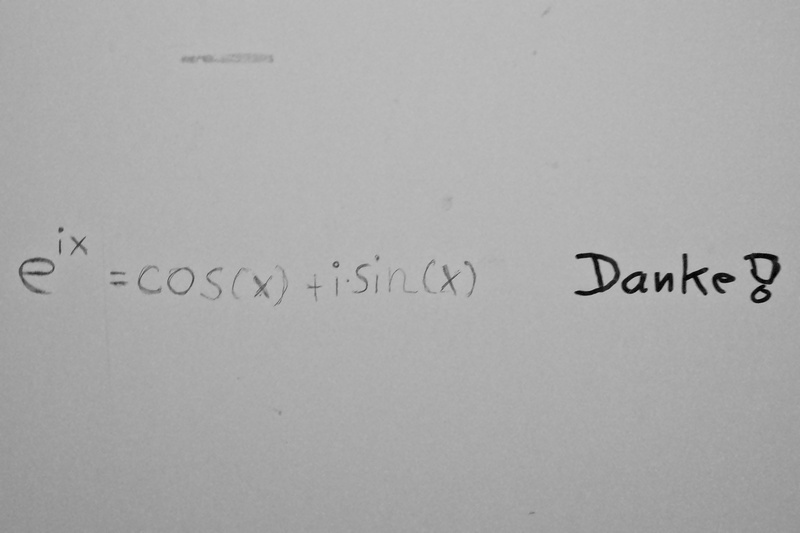This year, the German Research Software Engineers met in Würzburg for their annual conference from the 5th to the 7th of March. It was quite a busy conference with 190 participants and 130 contributions. As always it was quite difficult to decide which session to attend. The first keynote by Prof. Haye Hinrichsen was on the relationship of information and entropy. Something I hadn't come across before.
I mostly attended the teaching RSE talks. It was nice to meet my colleagues from the teachingRSE Project in real life. One large aspect of the teaching sessions was what and how to teach. Apart from digital literacy such as version control, using markdown, git with gitlab/github and CI/CD pipelines topics should also include the FAIR principles and open science. The Missing Semester of Your CS Education MIT course was also mentioned a number of times. The RSE skills tend to be quite generic. However, it helps to contextualise them in the particular subjects of the students. Team work and communication was also on the list of things that should be taught. A big part of any RSE course should be project work where all the things learned have to be put to practice. There is a general agreement by the teachers that materials should be made available as open source. The first day was rounded off with dinner and wine tasting in the absolutely huge wine cellar of the palace in Würzburg. We were sitting at two long tables decked out with candles giving a Harry Potter feeling.
Day two started with a keynote by Prof. Dagmar Krefting on the tension between innovation and regulation in the field of biomedical research. The TMF network helps research groups with GDPR questions. Explainable AI is important to garner support for this technology. After the keynote I joined the Sustainable Organisation session. It was interesting to hear from a group of RSEs that are developing the open-source data-management toolkit LinkAhead who founded a start-up to avoid brain-drain. Babar Khan gave a talk suggesting that every RSE should know about the details of the hardware their code is running on. His point is that in order for CPUs to keep up with Moore's Law they need to become more complex and heterogenous. I suspect that our programming models have not quite caught up with the new architectures yet. Programming languages like SYCL or libraries like pytorch and tensoreflow are addressing this already. Hopefully, tool builders will manage to abstract away the hardware details. The next session I attended on Parallelization and HPC Infrastructure addressed some of these issues. I very much enjoyed the talk by Christian Meesters from the HPC Centre at the University of Mainz who gave a talk on reconciling life sciences and HPC. Exactly the field I am in now. He has been developing the SLURM add-on to snakemake. Some of our users are also using snakemake. It's probably worth looking into it and maybe provide some training. Christian Meesters provides some material as part of the Snakemake Teaching Alliance. I also very much enjoyed the talk on the Helmholtz Analytics Toolkit HeAT which provides parallelised numpy, scipy, scikit-learn algorithms using distributed (along one axis) arrays using MPI and pytorch.
The poster session was after dinner and included various beers from around Würzburg. I particularly enjoyed the Herbsthäuser which is also one of my locals. There was a really nice poster on teaching RSEs. A project I need to checkout is cff2pages a program to converts citation files to HTML. I was seriously impressed by the interactive system demonstrating distributed edge networks developed by a group of people from the Fraunhofer IIS.
On the last day we had our Teaching RSE Working Meeting where we wanted to solicit ideas on how to institutionalise teaching RSEs. We split up the group into smaller subgroups to address a number of questions. At first I was a little worried that there were too few people for all the questions. However, the session turned out to be very productive. We managed to collect lots of ideas in small but very motivated groups. In the last session I gave my talk on the taskfarm client/server system I developed while I was still in Edinburgh.
The conference was excellent. I really enjoyed meeting lots of new people and the people I had so far only worked with virtually. The organisation of the conference was excellent and the food and coffee breaks great. Most people stayed until the last day even though the railway strikes scuppered many travel arrangements. I am looking forward to the deRSE25 conference next year in Karlsruhe.

